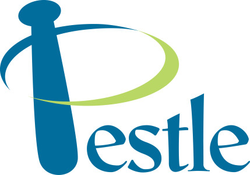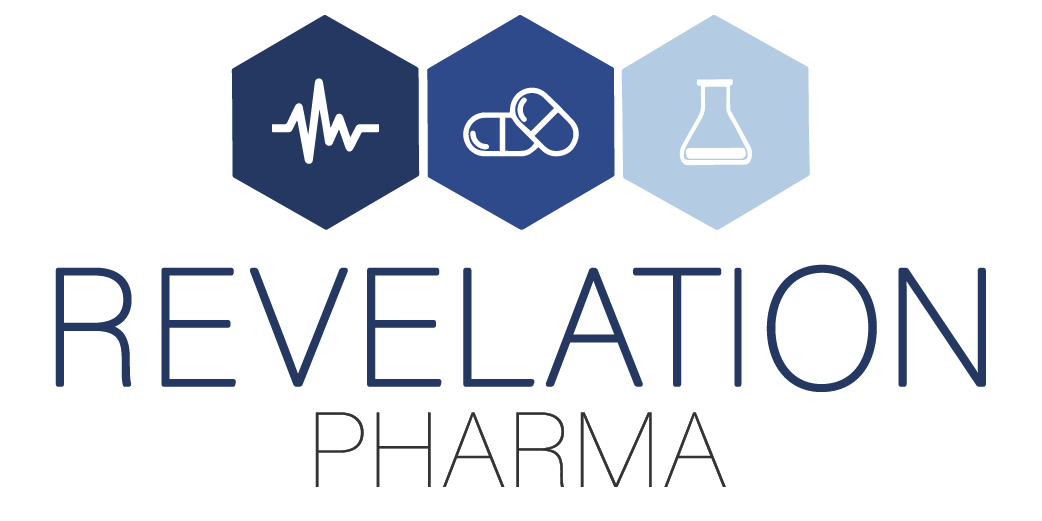October 26, 2023
‘Hormone Therapy” or “Hormone Replacement Therapy”: What’s the Difference?
By Ashley Berthlot, Director of Marketing, Business Development Specialist, Professional Arts Pharmacy
The term “Hormone Therapy” garners various negative and positive connotations, depending on your background and perspective. A simple google search of “hormone therapy” can bring up various results depending on your unique search history ranging from hormone replacement therapy for menopause to hormone therapy for cancer treatment. Having some definitions and clarity of its uses can be helpful when discussing any type of hormone therapy.
Hormone therapy is usually in reference to what we call the sex steroid hormones, including estrogens (estradiol, estriol, estrone), progestins (progesterone, progestogen), and androgens (testosterone, DHEA). They have traditionally been defined by their role in normal reproductive function. However, hormone therapy can also be used to block the above-mentioned hormones as well as many other uses.
Let’s divide hormone use into different buckets to delineate various types of “Hormone Therapy”.
HORMONE THERAPY
Body Part / Tissue Specific
Estrogen nasal sprays have been used for eustachian tube dysfunction in the ears that should be closed but stays open. It helps by building tissue lining.
Topical estrogen vaginal cream can be used to heal vaginal tears and build vaginal wall lining.
Testosterone has gotten its bad rap due to abuse and misuse for muscle building purposes as an anabolic steroid and Performance Enhancing Drug. While listing various hormone therapies, we’d be remiss to omit that testosterone therapy has been used to build muscle mass.
Pregnancy
While pregnancy itself prompts an increase in hormones during the pregnancy, early progesterone supplementation has been used to sustain pregnancy in high-risk patients.
Birth Control
Yes, hormonally based oral contraceptives are a type of hormone therapy! Birth control pills do one of the following or a combination of: 1) stop or reduce ovulation 2) thicken cervical mucus, creating a barrier that prevents sperm from entering the uterus and eventually reaching the egg and 3) thin the lining of the uterus so that a fertilized egg cannot attach and grow there. Birth control pills also offer a much stronger dose of hormones than menopausal hormone therapy does, because of the fact that they need to be high enough to prevent pregnancy.
Hormonally based oral contraceptives have other uses and benefits besides pregnancy prevention. It is frequently prescribed for PMS, anemia, endometriosis symptoms, ovarian cyst prevention, polycystic ovarian syndrome (PCOS) symptoms, and even clearing up skin and preventing unwanted hair growth.
Gender-Affirming
Feminizing hormone therapy may include three different kinds of medicines: Estrogen, testosterone blockers, and progesterone.
Masculinizing hormone therapy involves taking the male hormone testosterone. It stops menstrual cycles and decreases the ovaries’ ability to make estrogen.
Cancer Treatment
Hormone therapy is a type of cancer treatment that blocks the body’s ability to produce hormones and those that interfere with how hormones behave in the body to treat or prevent cancer. It is also called hormonal therapy, anti-hormonal therapy, or endocrine therapy.
HORMONE REPLACEMENT THERAPY
This type of hormone therapy is used to address symptoms and lost function due to the body’s sudden or gradual reduced production of endogenous hormones. That means it is “replacing” the hormones the body makes naturally but stopped making.
We often think that a hormone like estrogen is only for reproductive purposes and once we’re past that part of life, we do not need it anymore. However, estrogen has over 400 functions in the body! There are receptor sites for estrogen in the brain, muscles, skin, bone, bladder, gut, ovaries, vagina, breasts, eyes, heart, lungs, and blood vessels. It now makes sense why menopausal symptoms can be so debilitating for women!
Andropause (men)
Testosterone replacement therapy is commonly employed to elevate testosterone levels for optimal bodily function and symptom relief. The goal is to get the patient’s levels within normal range.
Estrogen blockers – Since testosterone converts to estrogen through a process called aromatase, aromatase-inhibitors are sometimes used to improve testosterone levels.
Menopause (women)
While the menopausal transition may commonly be referred to as “menopause,” true menopause doesn’t happen until one year after a woman’s final menstrual period. Menopause can also be triggered by a hysterectomy or surgical removal of the ovaries, which produce hormones. If a woman has surgery to remove her uterus or ovaries and does not take hormones, they will experience symptoms of menopause immediately.
Post-menopausal women are more vulnerable to heart disease and osteoporosis. Research has shown hormone replacement therapy initiated at the right time can mitigate risk of these conditions.
Systemic Hormone Replacement Therapy
Estrogen, progesterone, testosterone, and DHEA can be used alone or in combination to treat the common symptoms of peri-menopause, menopause, and post-menopause. These can be oral pills, capsules, skin patches, topical creams or gels, shots or pellets and are meant to be absorbed and used throughout the body.
Localized Hormone Replacement Therapy
Estrogen, testosterone and even pain reducing anesthetics can be used topically in the vagina. Low-dose vaginal preparations can come in cream, tablet, suppository, or ring form, minimizing the amount of hormone absorbed by the body. Because of this, low-dose vaginal preparations are usually only used to treat the vaginal and urinary symptoms of menopause.
Definitions
While we are discussing definitions, there are a few other terms commonly used in hormone therapy conversations.
What is Endogenous?
This is a term that is used to describe when your own body makes it. Your body makes hormones, insulin, and vitamin D, therefore they are endogenous.
What is Exogenous?
This is a term meaning “not from within the body”. This is used to describe drugs and medications that mimic the function of what the body makes on its own. For example, progestin mimics the functions of progesterone. Hormonal oral contraceptives are also considered exogenous hormones.
What’s Bio-Identical Hormone Replacement Therapy?
This term usually comes into play for menopausal or andropausal hormone replacement therapy. Bioidentical hormone replacement therapy, also known as bioidentical hormone therapy or natural hormone therapy, is the use of hormones that are identical on a molecular level to human hormones naturally made in the body. Since they are an exact match, the body reacts to them as it would its own hormones.
What is Traditional or Conventional Hormone Replacement Therapy?
This type of hormone replacement therapy uses synthetic and animal-derived hormones that closely mimic the function of the hormones naturally occurring in the body. Since they do not perfectly match the chemical structure of hormones produced in the body, they may have some undesirable effects, even though they may be great at eliminating hot flashes.
With all these different types of hormone therapy and hormone replacement therapy, how do I know which one is right for me?
Talk to your compounding pharmacist! Since compounding pharmacies customize hormone therapies regularly, they’ve become experts in all things hormone. They can talk to you about the options available to you so that you can then have an informed conversation with your healthcare provider. Ultimately, your healthcare provider gets the final say in your hormone prescription.
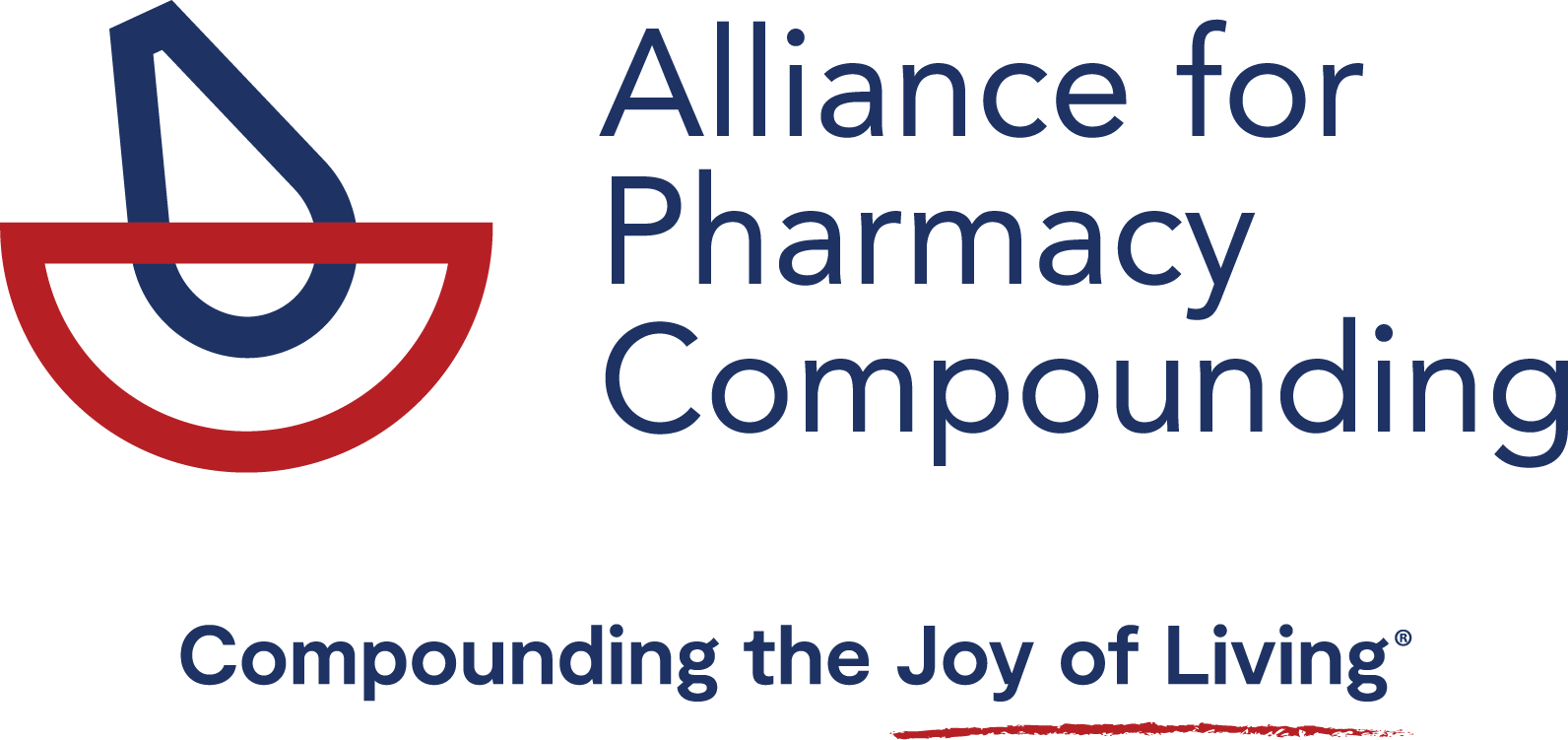
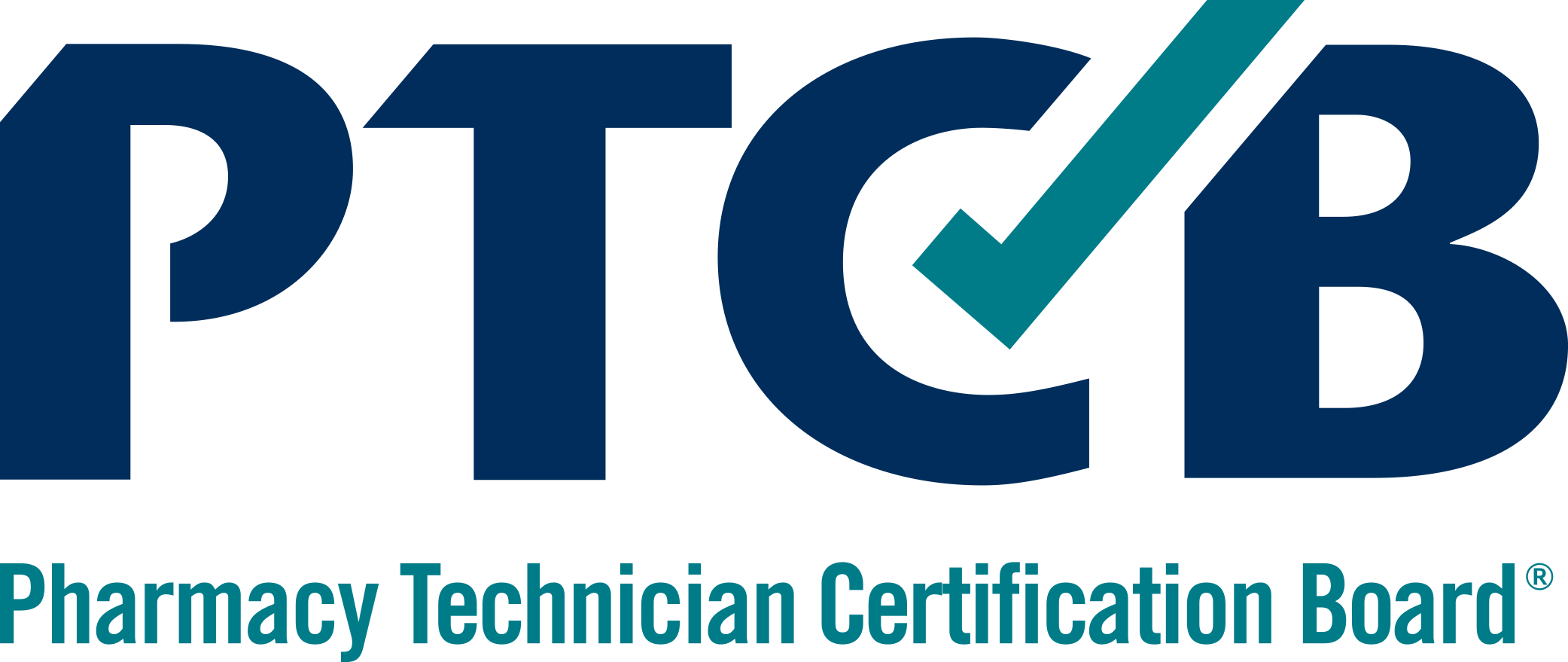








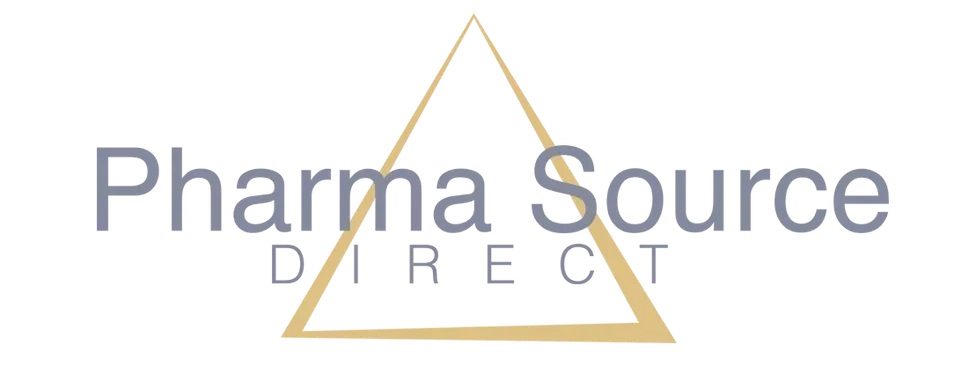


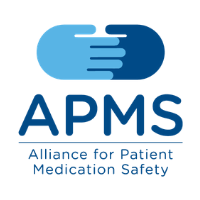
![Topi-CLICK a Division of TEAM Outlines[1]](https://a4pc.org/files/Topi-CLICK-a-Division-of-TEAM-Outlines1.png)





